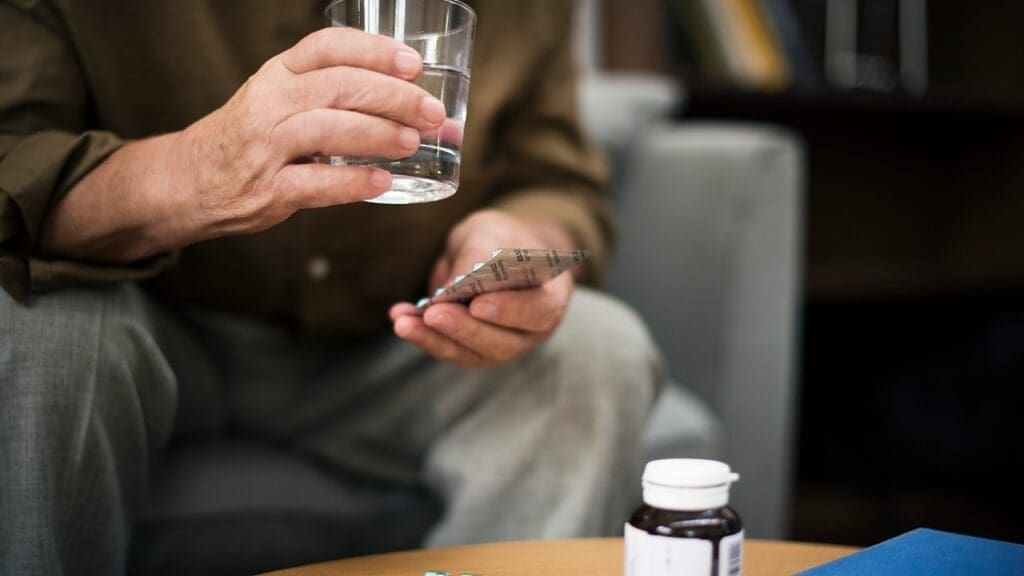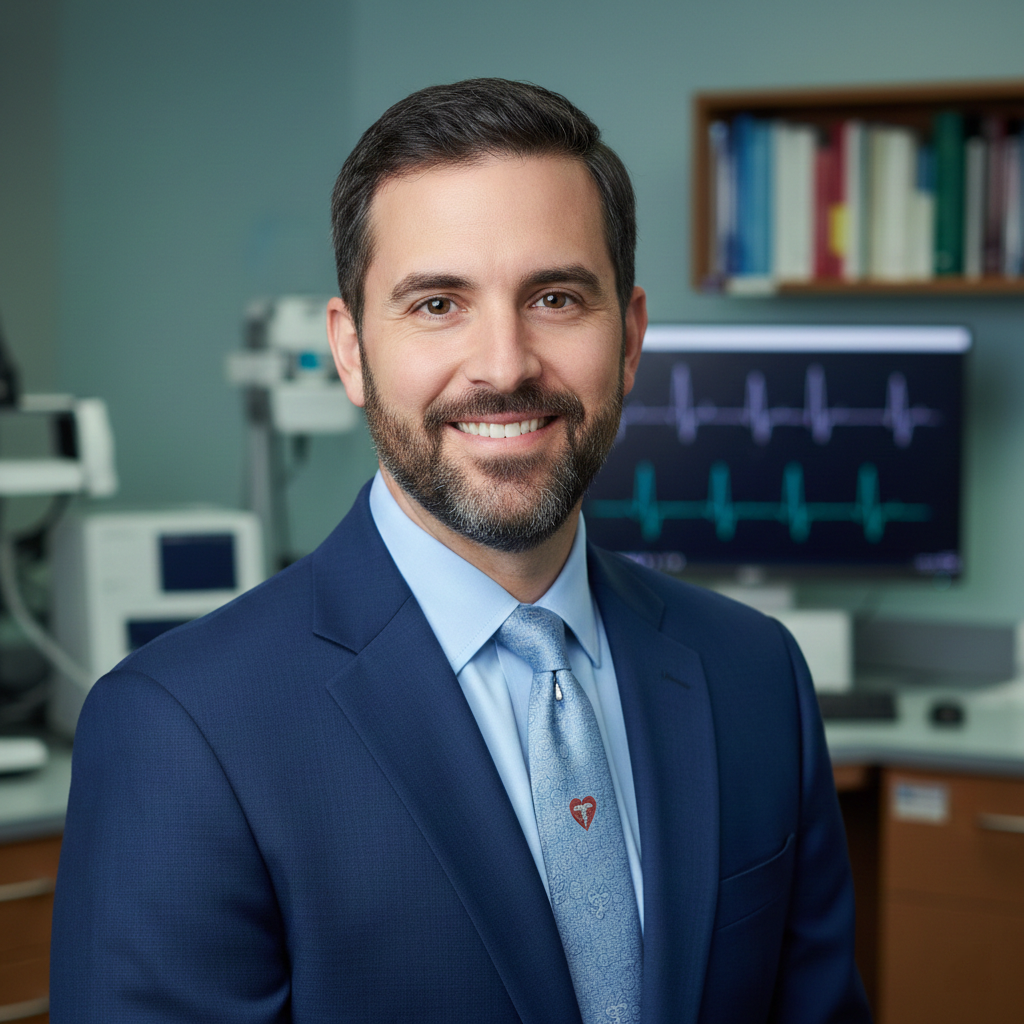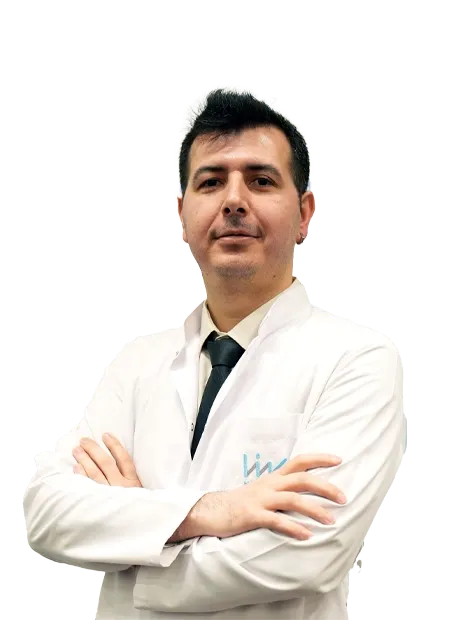
During a heart attack, every second is critical. Knowing if and how to use aspirin could be a lifesaver. AtLiv Hospital, we stress the need for quick medical help. We advise patients to call emergency services first before taking aspirin.
Aspirin is vital for treating heart attack emergencies. It stops platelets from clumping together, which helps prevent blood clots. These clots can block the coronary arteries. We are committed to top-notch healthcare, supporting international patients with the latest heart attack management.
Key Takeaways
- Aspirin helps during a heart attack by inhibiting platelet aggregation.
- Call emergency services before taking aspirin.
- Liv Hospital provides world-class healthcare for international patients.
- Timely medical care is critical during a heart attack.
- Aspirin reduces the risk of blood clot formation.
Understanding Heart Attacks and Their Immediate Dangers

When a heart attack happens, every minute is critical. Knowing what happens can save lives. A heart attack, or myocardial infarction, occurs when blood flow to the heart is blocked. This damages or kills heart muscle.
This blockage is usually a blood clot in a coronary artery. It’s a serious situation.
What Happens During a Heart Attack
During a heart attack, the heart muscle lacks oxygen and nutrients. This leads to damage or death of heart cells. Symptoms include chest pain or discomfort, shortness of breath, nausea, and more.
The blockage is often a blood clot on atherosclerosis inside a coronary artery. This clot can block blood flow, causing heart muscle damage.
The Critical Time Window for Treatment
The time right after a heart attack is very important. Quick medical treatment can save lives and reduce heart damage. Prompt treatment helps restore blood flow to the heart muscle.
Here are some key points about the critical time window:
- Time is muscle: The longer the heart muscle is without blood, the more damage it suffers.
- Aspirin administration: Taking aspirin during a heart attack can help by stopping platelet aggregation. This may reduce the heart attack’s severity.
- Emergency services: Calling emergency services right away is key to getting to a hospital quickly.
Celebrities like Jamie Foxx have talked about their heart attacks. They stress the need for quick action. Chewing on aspirin during a heart attack can help it work faster. This improves blood flow and limits heart muscle damage.
The Science Behind Heart Attack and Aspirin

Aspirin helps manage heart attacks by stopping platelets from sticking together. A blood clot usually blocks a coronary artery during a heart attack. This prevents blood from reaching the heart muscle. Aspirin reduces the formation of these clots.
Aspirin is beneficial during a heart attack because it tackles the main cause: blood clots in coronary arteries. Knowing how aspirin works helps us see its importance in emergencies.
How Aspirin Inhibits Platelet Aggregation
Aspirin stops platelets from sticking together by blocking thromboxane A2 production. Thromboxane A2 is a chemical that makes platelets active and stick together. When aspirin is chewed and absorbed quickly, it blocks thromboxane A2 production. This reduces platelet sticking.
This action is key because it prevents new clots and stops existing ones from growing. It improves blood flow to the heart muscle. Studies show aspirin can lessen heart attack severity and reduce recurrence when given quickly.
Preventing Blood Clot Formation in Coronary Arteries
Stopping blood clots from forming is vital during a heart attack. Aspirin does this through its antiplatelet effect, which is immediate when chewed. The table below shows how aspirin affects blood clot formation.
| Effect | Description | Benefit During Heart Attack |
|---|---|---|
| Inhibits Platelet Aggregation | Blocks thromboxane A2 production | Reduces clot formation |
| Antiplatelet Effect | Rapid when aspirin is chewed | Immediate prevention of new clots |
| Improves Blood Flow | Enhances circulation to heart muscle | Reduces heart muscle damage |
Understanding how aspirin works during a heart attack highlights its role in emergency treatment. Its ability to stop platelets from sticking and prevent clots makes it essential for initial heart attack management.
First Steps When Experiencing Heart Attack Symptoms
When you feel a heart attack coming on, acting fast is key. Knowing what to do right away can make a big difference. It’s vital to spot the signs and act quickly to lessen harm and boost survival odds.
Recognizing the Signs of a Heart Attack
The first move is to spot the heart attack signs. Look out for chest pain or discomfort, shortness of breath, and pain or discomfort in one or both arms, the back, neck, jaw, or stomach. These signs can change in strength and may come and go.
Immediate Actions to Take
If you or someone else is showing these signs, act fast. Here’s what to do:
- Call emergency services or your local emergency number right away.
- If you’re with someone having a heart attack, stay calm and keep them calm.
- If the person is awake, have them chew an aspirin (if not allergic) to stop more clotting.
- Loosen tight clothing around the neck, chest, and arms.
Preparing for Emergency Medical Services (EMS) Arrival
While waiting for EMS, get ready with some info. Have this information ready:
| Information | Description |
|---|---|
| Medical History | List of any medical conditions, allergies, and medications |
| Current Symptoms | Description of the symptoms being experienced |
| Medications Taken | Details of any medications taken, including aspirin |
Being ready and knowing the first steps for heart attack symptoms can greatly improve outcomes. It’s critical to stay calm and follow these important steps.
Proper Aspirin Usage During a Suspected Heart Attack
Knowing how to take aspirin during a heart attack can save lives. It’s important to use it correctly to get the most benefits.
Recommended Dosage for Emergency Situations
If you think you’re having a heart attack, the American Heart Association advises taking one adult aspirin (325 mg). Make sure to chew it to help it get into your blood faster.
The right dose is key. Aspirin stops platelets from clumping together. This can help lessen the heart attack’s impact.
Why Chewing Aspirin Is More Effective Than Swallowing
Chewing aspirin is better because it gets absorbed into your blood faster. Research shows it can improve heart attack outcomes by stopping platelets from clumping.
Quick absorption is essential because it lets aspirin work fast. This can help reduce heart damage. Swallowing it whole slows down its effects because it needs to be digested first.
Learning how to use aspirin right during a heart attack is a vital step. It helps manage the situation until medical help arrives.
Types of Aspirin for Heart Attack Emergencies
Aspirin is key during a heart attack. But not all aspirin is the same. Knowing the differences is vital.
Non-Coated vs. Enteric-Coated Aspirin
The coating on aspirin tablets matters in heart attack emergencies. Non-coated aspirin works faster. It gets into your blood quickly, which is important when every second counts.
Enteric-coated aspirin is made to avoid stomach problems. But it takes longer to start working. This delay is not good in a heart attack.
Best Aspirin Formulations to Keep on Hand
For heart attacks, keep non-coated, chewable aspirin ready. Chewing it helps it get into your blood faster. This is key for stopping blood clots.
Choosing the right aspirin is important. It should work fast and be easy to take. Chewable aspirin is great because it’s easy to chew and swallow.
Having the right aspirin can make a big difference in a heart attack. Knowing the types helps you be ready for emergencies.
How Taking Aspirin During Heart Attack Limits Damage
Aspirin is key in managing heart attacks. It helps blood flow to the heart muscle and lessens the event’s severity. A heart attack happens when a coronary artery gets blocked. This blockage cuts off oxygen and nutrients to the heart muscle.
Improving Blood Flow to Heart Muscle
Aspirin stops platelets from sticking together by blocking thromboxane A2 production. This action reduces clotting. As a result, blood flow to the heart muscle improves, limiting damage.
This is very important in the early stages of a heart attack. It keeps some blood flowing to the affected area.
Research shows early aspirin use during a heart attack can lower death rates and improve outcomes. Aspirin helps keep the heart muscle alive, reducing complications and improving recovery chances.
Reducing Severity of the Heart Attack
The heart attack’s severity depends on the muscle damage. Aspirin can help by stopping more clots. This reduces the heart attack’s overall impact.
| Benefit | Description |
|---|---|
| Improved Blood Flow | Aspirin stops platelets from sticking, improving blood flow to the heart muscle. |
| Reduced Severity | Aspirin prevents more clotting, reducing the heart attack’s damage. |
| Enhanced Recovery | Early aspirin use is linked to better outcomes and lower death rates. |
In summary, taking aspirin during a heart attack is vital. It improves blood flow and reduces the heart attack’s severity. Aspirin is essential in managing this emergency.
Medical Research on Aspirin and Heart Attack Outcomes
Many studies have looked into how aspirin affects heart attack patients. They’ve found it has many benefits. Aspirin’s role during a heart attack has been studied a lot, focusing on how it affects patient outcomes.
Studies on Mortality Reduction
Research shows aspirin can lower death rates in heart attack patients. A key study in the Journal of the American Medical Association found aspirin use during a heart attack greatly lowers death rates.
We’ve gathered data from different studies to show aspirin’s effect on death rates. Here’s a table summarizing the findings:
| Study | Sample Size | Mortality Reduction |
|---|---|---|
| ISIS-2 Trial | 17,187 | 23% |
| CARS Trial | 8,783 | 17% |
| Other Studies | Various | Average 20% |
Evidence for Preventing Recurrent Heart Attacks
Aspirin helps not just during the first heart attack but also in preventing future ones. Long-term use of aspirin has been shown to lower the risk of another heart attack.
Key findings from research on aspirin’s role in preventing recurrent heart attacks include:
- Aspirin significantly lowers the risk of future heart attacks in patients on long-term therapy.
- Its antiplatelet effects help prevent blood clots.
- The benefits of aspirin therapy are most seen in those with a history of heart disease.
Understanding aspirin’s role in heart attack treatment and prevention helps us manage heart health better. Medical research supports using aspirin as a key part of managing heart attacks.
Who Should Not Take Aspirin During Chest Pain
Some people should not take aspirin when they have chest pain. Aspirin is often given during a heart attack. But, some medical conditions and allergies make it risky. We will talk about who should avoid aspirin and what other options are available.
Contraindications and Risk Factors
Aspirin is not for everyone. People with bleeding disorders like hemophilia or those on anticoagulant medications should not take it. Those with gastrointestinal ulcers or an aspirin allergy should also stay away from it.
Other groups at risk include those with asthma, and people with kidney disease or liver disease. They should talk to their doctor before taking aspirin.
Alternative Approaches for Those with Aspirin Allergies
For those allergic to aspirin or who can’t take it, there are other options. If you think you’re having a heart attack, call for emergency medical services right away. Doctors can give oxygen therapy, nitroglycerin, and more as needed.
In some cases, other antiplatelet medications might be used instead of aspirin. These can help prevent blood clots without the risks of aspirin for some people. It’s important to talk to your doctor about your medical history and allergies to find the best treatment.
Remember, if you have heart attack symptoms, get medical help right away. Even if you can’t take aspirin, quick medical care is key to better outcomes.
What to Tell Emergency Responders About Aspirin Use
When emergency responders arrive, it’s key to tell them about any aspirin you’ve taken. This info is vital for the right care and treatment. We’ll cover what to say to emergency responders and how it aids in treatment.
Communicating Your Actions to Medical Personnel
Telling medical staff what you’ve done is very important. This includes:
- The dosage of aspirin taken
- The time at which aspirin was taken
- Any other medications or supplements you are currently taking
Sharing this info helps responders understand your situation and what you’ve done. This can greatly affect the treatment plan they create for you.
Information That Helps Emergency Treatment
The details you give about aspirin use are very helpful:
- Accurate Assessment: Knowing the aspirin dosage and time helps medical personnel assess your condition accurately.
- Tailored Treatment: This information allows for a tailored treatment plan, ensuring that the care provided is appropriate for your specific situation.
- Avoiding Complications: Informing responders about other medications or supplements can help avoid possible complications during treatment.
By communicating well, you’re key to getting the best care during a heart attack emergency.
Current Medical Protocols for Heart Attack Management
Managing heart attacks has changed a lot. Now, we focus on quick and effective treatment. At Liv Hospital, we stick to the latest guidelines to give our patients the best care.
Liv Hospital’s Approach to Heart Attack Treatment
Liv Hospital has a detailed plan for treating heart attacks. We start with quick checks and diagnosis. Then, we give the right medicines, like aspirin, and get ready for procedures like angioplasty.
Key components of our protocol include:
- Immediate ECG and assessment
- Rapid aspirin administration
- Preparation for possible angioplasty or other interventions
- Close monitoring of patient condition
International Standards and Guidelines
We follow international standards for heart attack care. These standards stress the need for quick action, using proven treatments, and caring for the whole patient.
| Guideline | Description | Benefit |
|---|---|---|
| Timely Intervention | Rapid assessment and treatment | Reduces mortality and morbidity |
| Evidence-Based Treatments | Use of proven medications and procedures | Improves patient outcomes |
| Comprehensive Care | Holistic approach to patient management | Enhances recovery and quality of life |
By sticking to these guidelines, Liv Hospital makes sure our patients get top-notch care. We keep up with the latest research and best practices.
We are committed to following the latest medical protocols and guidelines. This shows our dedication to providing the best healthcare. We always update our methods to match the newest heart attack management techniques.
Conclusion: Being Prepared Can Save Lives
Being ready for a heart attack can greatly increase your chances of survival. Knowing how to act and using aspirin correctly are key steps. Aspirin is a simple yet powerful tool that can greatly improve heart attack survival rates.
At Liv Hospital, we stress the need for awareness and readiness in heart health. Knowing how aspirin works in heart attack emergencies and the right steps to take can save lives. Being informed and ready allows people to take important actions that can improve heart attack outcomes.
To save lives during a heart attack, knowledge, the right actions, and quick medical help are needed. By adding aspirin to your emergency plan and knowing when and how to use it, you can protect your heart health and that of your loved ones.
What is a heart attack and how does aspirin help?
A heart attack happens when blood flow to the heart stops. This causes damage to the heart muscle. Aspirin helps by stopping platelets from sticking together. This prevents blood clots and improves blood flow to the heart.
How does aspirin work during a heart attack?
Aspirin stops the production of thromboxane A2. This chemical makes platelets stick together and form clots. By stopping platelets from sticking, aspirin reduces heart attack damage.
What is the recommended dosage of aspirin during a heart attack?
The usual dose of aspirin during a heart attack is 150mg to 300mg. Chewing the aspirin helps it get into your blood faster.
Should I take coated or non-coated aspirin during a heart attack?
Non-coated aspirin is better during a heart attack. It gets into your blood faster than enteric-coated aspirin. Enteric-coated aspirin dissolves in the intestines, slowing its absorption.
Can everyone take aspirin during a heart attack?
No, some people should not take aspirin during a heart attack. This includes those with bleeding disorders, stomach ulcers, or aspirin allergies. They need other treatments.
Why is it important to tell emergency responders about aspirin use?
Telling emergency responders about aspirin use is key. It helps them understand your treatment and make better decisions for your care.
What are the benefits of taking aspirin during a heart attack?
Taking aspirin during a heart attack can save lives. It prevents more heart attacks and limits heart muscle damage. Studies show aspirin improves heart attack outcomes.
How does Liv Hospital approach heart attack treatment?
Liv Hospital follows international guidelines for heart attack care. Our team provides top-notch support and treatment for heart attack patients.
Can aspirin prevent a heart attack?
Aspirin can’t prevent all heart attacks, but it can lower the risk. It’s often given to those at high risk of heart attack.
What should I do if I experience chest pain?
If you have chest pain, call emergency services right away. If told to take aspirin, chew a non-coated tablet. Tell the responders about your aspirin use when they arrive.
Reference:
https://www.ahajournals.org/doi/10.1161/CIRCULATIONAHA.111.046243
https://www.heart.org/en/health-topics/heart-attack/treatment-of-a-heart-attack/aspirin-and-heart-disease


































